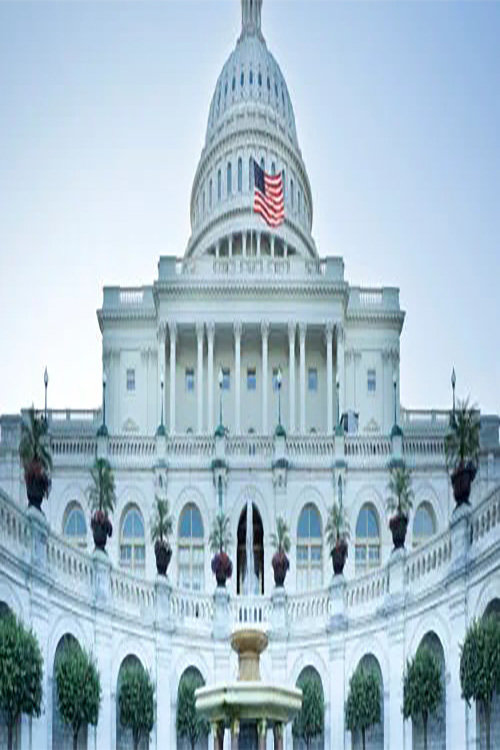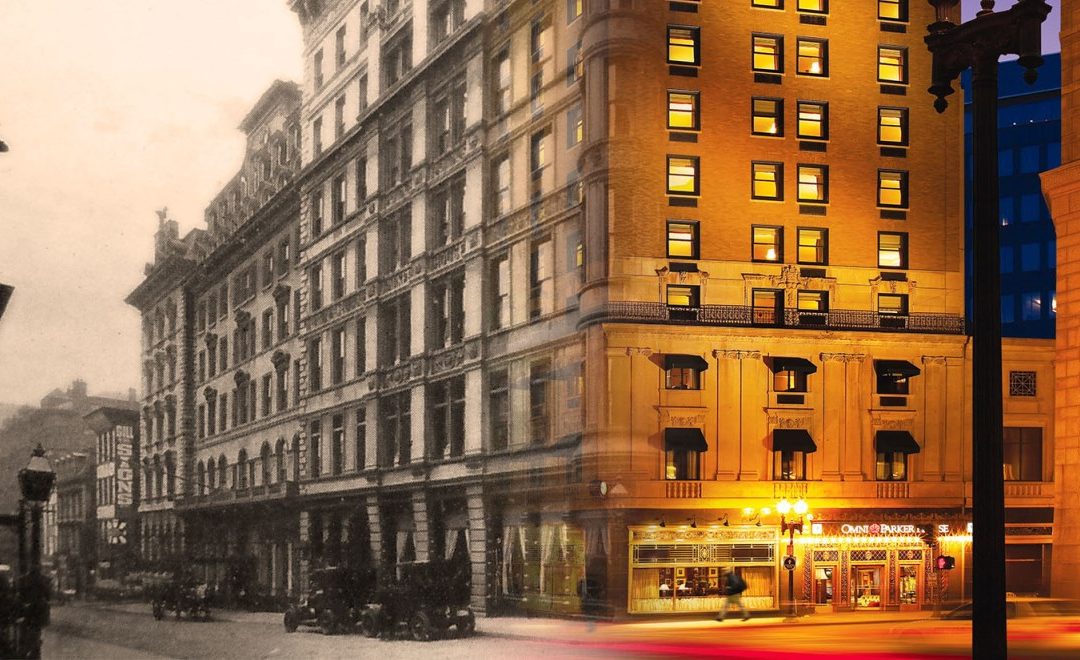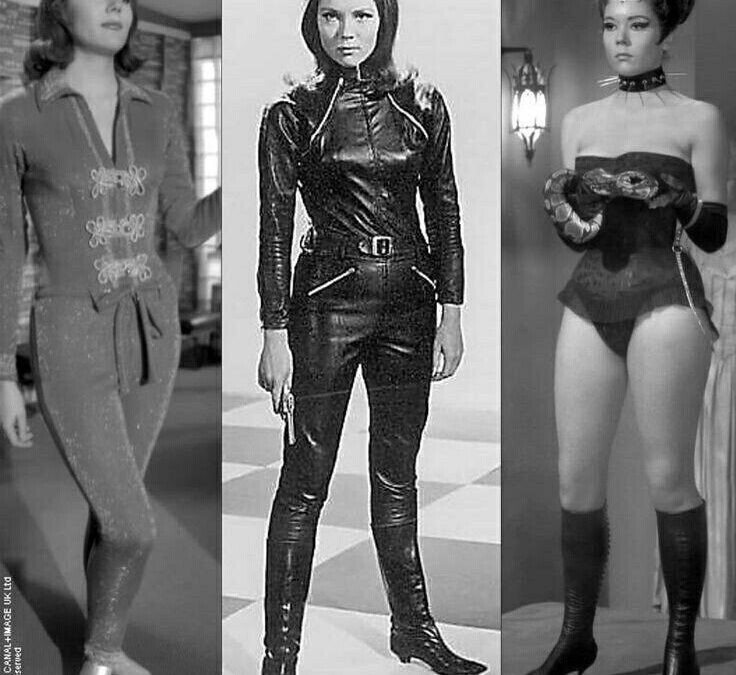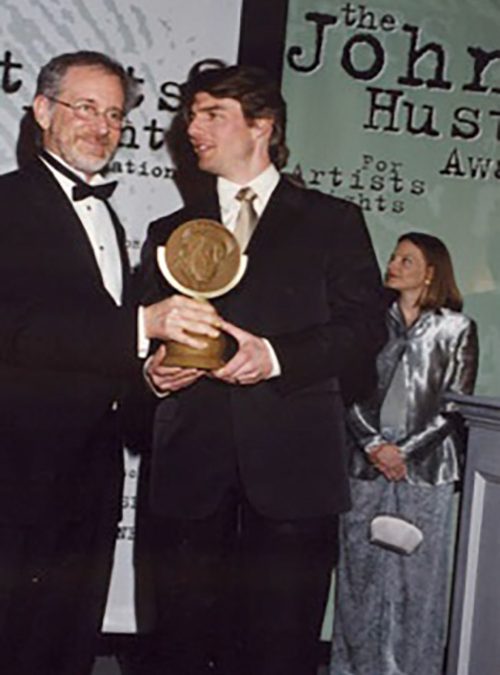In our last issue, we presented you with a transcript of a videotaped testimony to Congress made by John Huston outlining his reasons for asking lawmakers to pass laws that provide equal protection for filmmakers to defend alterations to their works that other artists have. This month, we present you with a transcript of one of Huston’s contemporaries — director Fred Zinnemann —who was equally concerned with the need to pass laws to protect our films from alterations.
“Honorable members of Congress, I speak to you as a person who has spent 60 years in the motion picture industry. You must know by now that many American movie makers have an enormous grievance about the way their work is mutilated and their reputation’s damaged, without any chance, whatever, to put up a legal defense. It is difficult to imagine that this can happen in a civilized country which is supposedly proud of having actually invented the motion pictures that we know today.
“According to present law, the copyright holder has the right to have any number of scenes cut out of the film to make room for advertising, to have the projections speeded up to fit a TV time slot, to change large figures into close-ups or to take a black and white movie and colorize it by computer. “Citizen Kane” was about to be destroyed in this way when a clause was found in the contract which put a stop to it.
“Speaking for myself, two pictures which I directed, “The Search” and “The Seventh Cross,” have already been colorized. I understand the result was horrendous. There have been public protests about it. I wonder if this will happen to other films I have directed such as “From Here to Eternity” or “High Noon,” where I deliberately adopted an old fashion, primitive style of photography to make the film look like a news reel.
“There exist laws that protect all sorts of work by all sorts of artists: writers, painters, composers, photographers, sculptors. Why are filmmakers not protected in the same way? Films are not just the property of the copyright holder, they are part of our heritage. Future generations must have the right to see them in their original form. If they have been tampered with, their titles should be changed as they are no longer the same films.
“As members of Congress, you gentlemen, are supposed to be the guardians of our civilization. As taxpayers and voters, the filmmakers are asking you to respect our moral rights by giving us a strong federal law so that we can challenge injustice in the courts of this country. We ask you to do it soon before film, as an art form, has been destroyed. You are responsible to us.” (1991)





